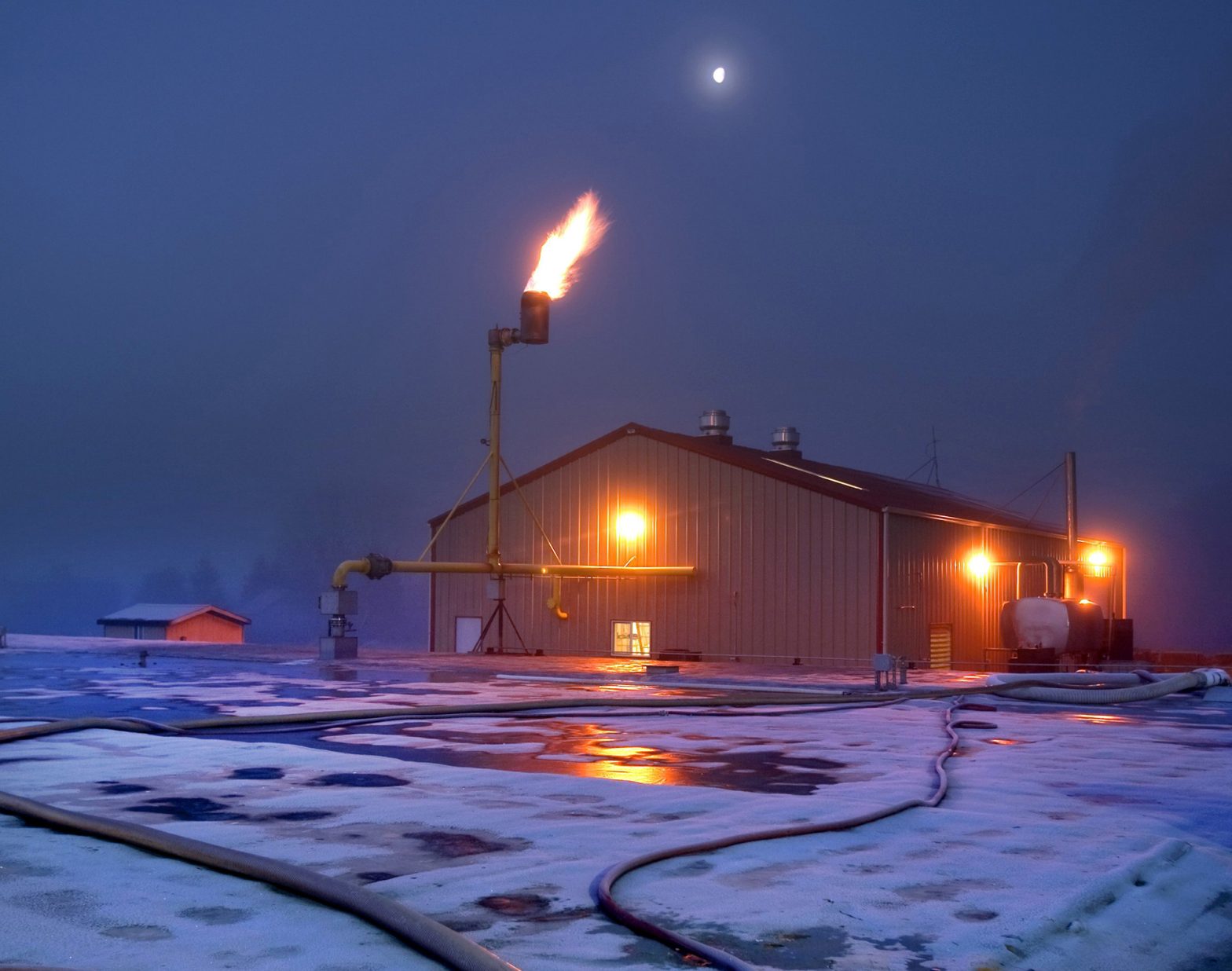Methane: Forgotten Greenhouse Gas No Longer
COMMENTARY

Recently, as world leaders gathered in the United Arab Emirates for the 28th international climate change conference, the United States highlighted efforts to curb an often-forgotten greenhouse gas. Methane is the second largest contributor to the climate crisis after carbon dioxide, which often gets top billing even though, pound for pound, methane is the more potent heat-trapping gas.
New standards to tackle this under-the-radar problem have been finalized by the U.S. Environmental Protection Agency.
Activities in the U.S. oil and gas industry are, together with agriculture, the largest source of methane emissions in the country. The leaks at oil and gas operations result from accidental leaks, outmoded practices and obsolete technology utilized by the industry in the gathering, transmission, production and processing of natural gas.
According to a recent analysis by the BlueGreen Alliance, deploying the kind of low-cost solutions needed to plug most of these methane leaks could reduce emissions by the equivalent of 19.7 million households‘ worth of natural gas consumption each year from 2023 to 2035.
Clearly, stopping unnecessary methane emissions will be a huge boon for our climate. But, just as important in our view, it will also pay dividends in terms of jobs and worker and community health.
The BlueGreen Alliance analysis finds over 10,000 net direct and indirect jobs will be created by efforts to reduce methane emissions in the oil and gas sector every year through 2035. These jobs will be in a variety of sectors, including manufacturing, construction, operations and maintenance, and would be spread around the country.
A 2021 Datu report identifies 584 work sites manufacturing, assembling, and providing installation and other services for methane mitigation technologies in the United States.
Methane isn’t the only gas to leak out of oil and gas wells. Benzene and other volatile organic compounds are also emitted. Workers and community members around these facilities are at risk for exposure and benzene is a known carcinogen. The problem is widespread.
A report found 236 counties in 21 states — a population of 14 million people — face cancer risk exceeding the EPA’s one-in-a-million threshold level of concern just due to oil and gas pollution. Reducing methane leaks means reducing exposure to these dangerous chemicals.
The BlueGreen Alliance is built on the promise that good jobs and a clean environment go together. Standards like the ones being considered by the EPA to reduce methane emissions at oil and gas facilities meet that promise. The EPA’s new rules protect workers and our climate and will grow good jobs across the country.
Jason Walsh is the executive director of the BlueGreen Alliance. Under his leadership, BGA has won significant victories at the state and federal level, including landmark industrial policies and investments in infrastructure and climate legislation passed by the 117th Congress. Walsh and BGA played a central role in getting the historic Inflation Reduction Act across the finish line. He has more than 25 years of experience at state and federal levels in policy development and advocacy relating to climate, clean energy, and economic and workforce development. BGA can be reached by email.
























